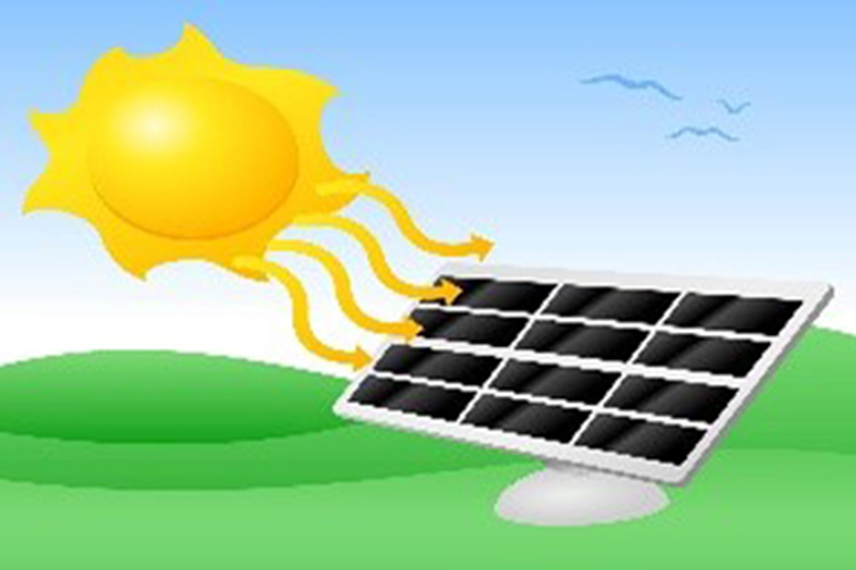Many industrial, commercial, and residential owners use more energy than they actually require through inefficiencies and energy waste. Energy efficiency is one of the trouble-free methods to annihilate energy waste and reduce energy costs. It is also one of the most efficient and cost-effective ways to combat climate change and clean the air we breathe.
TACKLING SRI LANKA’S ENERGY EFFICIENCY GAP
Energy is something we can’t even think of living without. There has been a veritable explosion in energy consumption. We depend on energy for almost everything. Unfortunately, without knowing, we are also wasting an adequate amount of energy unnecessarily. While we search for quicker, less expensive, and greener ways to provide the energy we use, more might be accomplished if we examined our existing consumption patterns and made a concerted effort to be more careful, efficient, and environmentally friendly. Although this is accurate in all aspects, the industrial and manufacturing sectors—where energy use is at its highest—may be the most pertinent. We are aware that it is a difficult time in many industries, households, and commercials with rising prices and uncertainty. However, improving energy efficiency is one of the fastest ways to reduce emissions and tackle high energy bills. It is said that Sri Lanka’s daily electricity consumption is around 572 KWH for own consumption and 616.54 KWH for production use. Possible savings in the consumption of electricity and thermal energy constitute a significant source of strengthening energy security and reducing costs. It is estimated that more than 20% of the total daily electricity consumption in Sri Lanka can be saved.
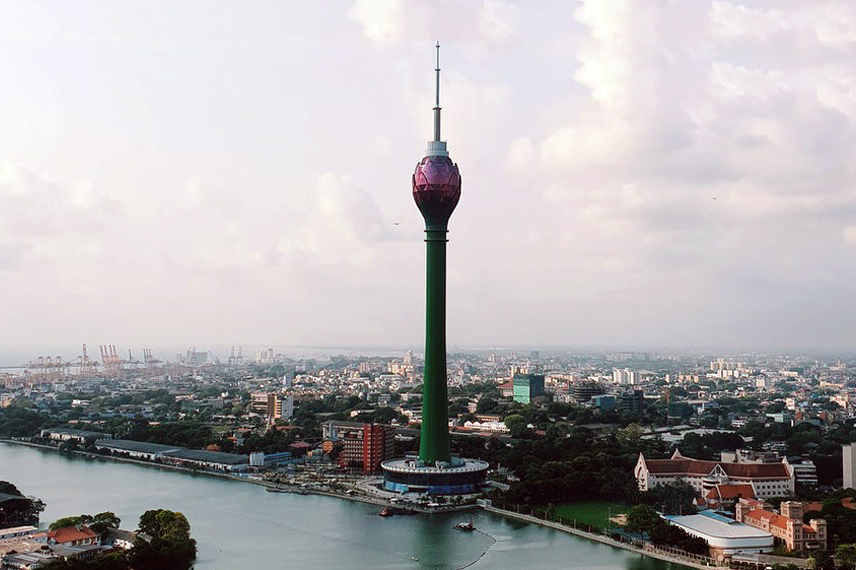
WHAT IS ENERGY WASTE?
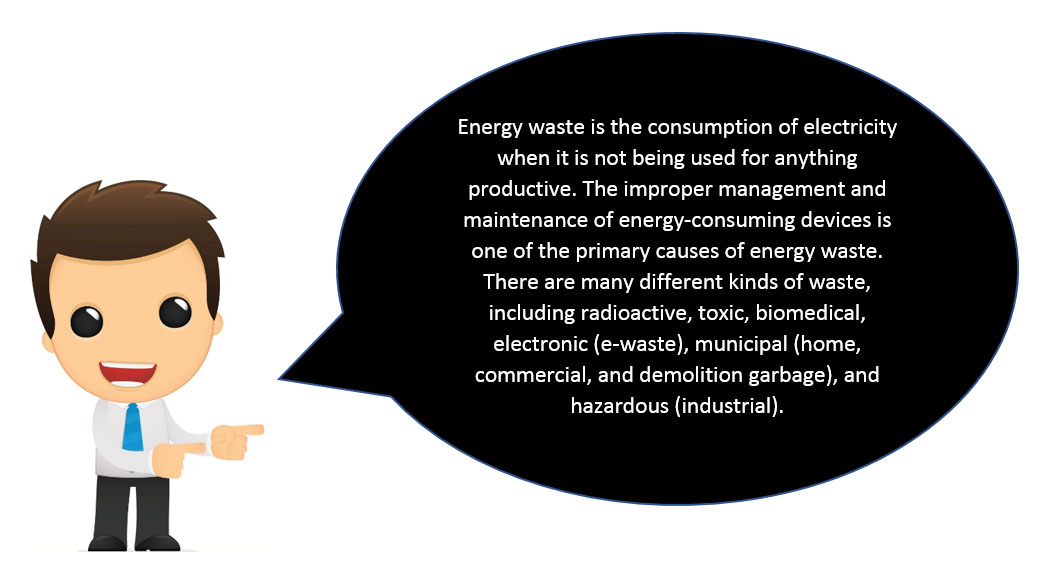
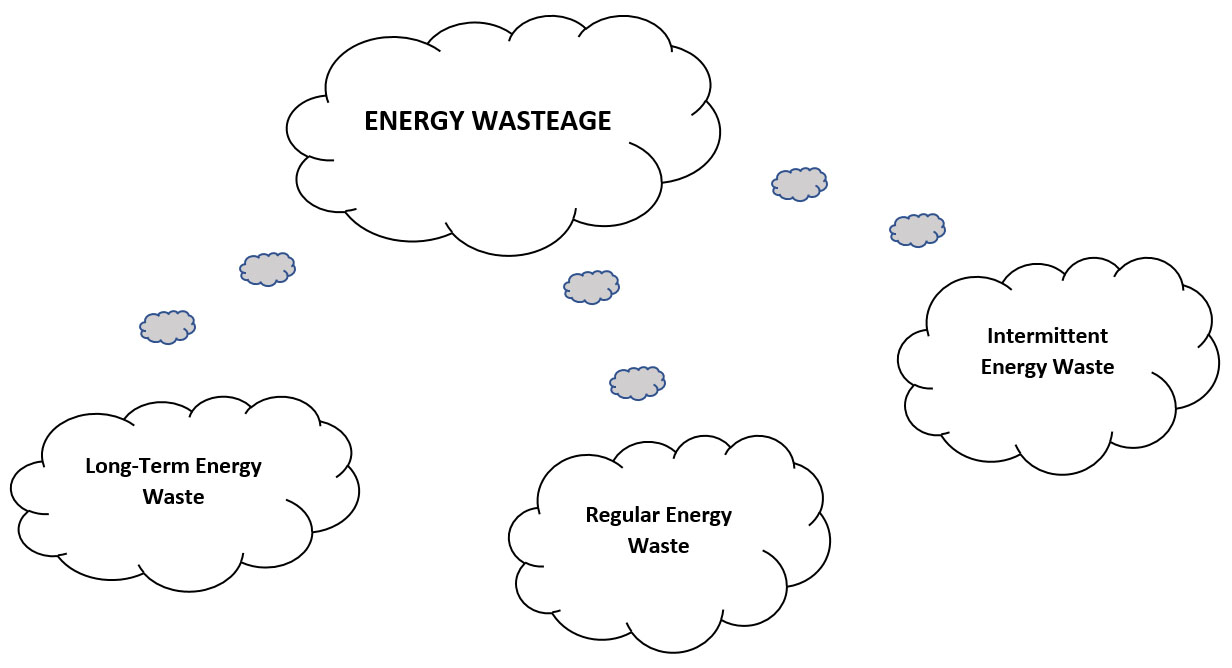
Long-term energy waste is a permanent problem. The root causes of long-term energy waste are increasing urbanization, which has led to a major global issue. The overproduction of long-term energy waste has been causing negative impacts on our planet.
Whereas, Regular energy waste is energy wasteage occurring on a daily basis which is predictable. For example, cooling and heating leakages, overusing electronic devices, appliances switched on without the need to use them, the list goes on...
Intermittent energy waste is wasteage that occurs at irregular intervals, not continuously.
How much energy is wasted in your home?

Amidst the growing public concern about sky-rocketing electricity bills and predications of further electricity price hikes, it is advised to use home appliances and industrial machines more rationally and consider producing energy through renewable sources.
Even though we don’t pay much attention we utilize a significant amount of energy each day, from charging elctronic devices to using of electronics like TV, Regrigerators, Ceiling fans etc. The unfortunate truth is your home Is probably wasting adequate energy and mostly in ways you might not necessarily expect. In fact researches show 50% of energy consumption in Sri Lanka is wasted energy. If you’re one of the majority of Sri Lankan homeowners you’re most likely to use your home energy on the use of lighting, heaters, air conditions and electronic appliances. Which means that’s where the most of the energy waste is happening for example through unnessary use of lighting even during daylight, energy wasteage through air leaks when heating and air conditioning, this happens when your home is not properly air sealed, a significant chunk of your energy usage is going out through the roof.

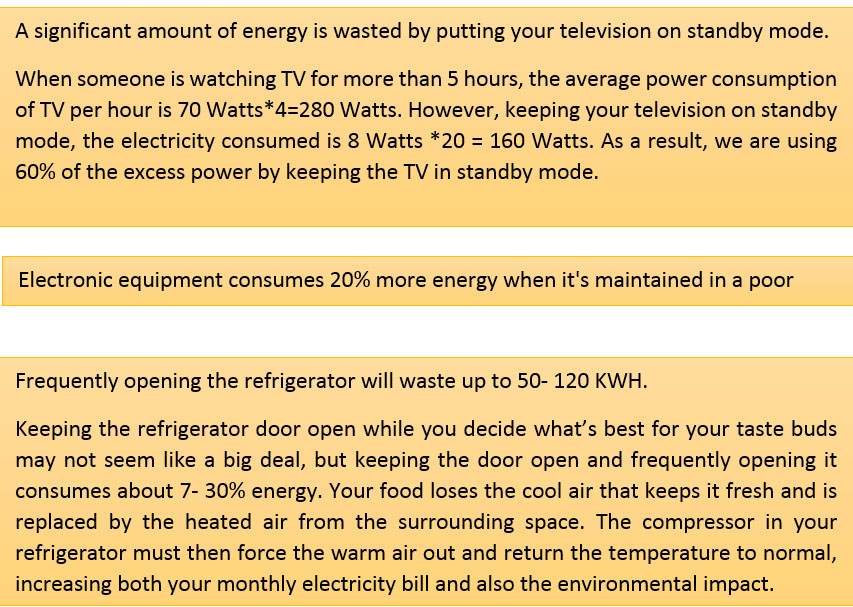
HOW DO WE SAVE ENERGY AND MISUSE?
High energy use isn’t good for your home, your wallet or the environment. The best way to start saving on your energy is through energy conservation and to get smart with how you use electricity.
WHAT IS ENERGY CONSERVATION?
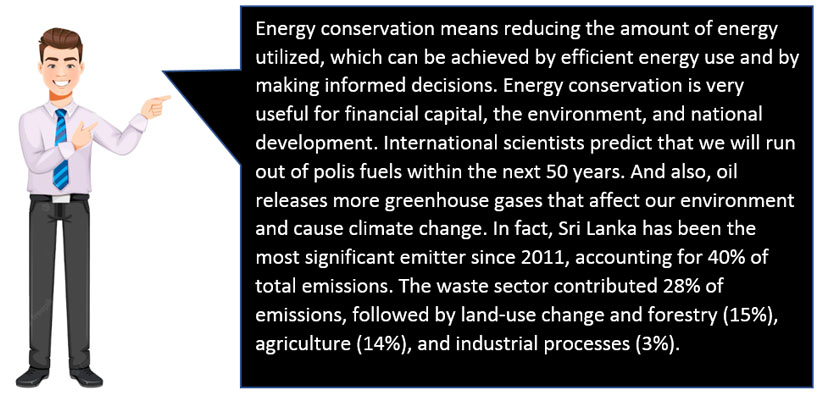
Saving energy remains important despite Sri Lanka's having been working on huge strides toward cleaner electricity. At the same time, over 19% of electricity generation in Sri Lanka comes from renewable sources. Furthermore, Sri Lanka tallied a more modest yet improving way of going forward in the energy sector. However, non-renewable power plants still fire up regularly to meet peaks in demand. When we conserve energy at home, we can all play a small yet valuable role in helping to reduce the need for electricity generation. And for each energy-saving we make in the home, we help reduce demand, reducing polluting CO2 emissions.
WAYS TO SAVE ENERGY AT HOME
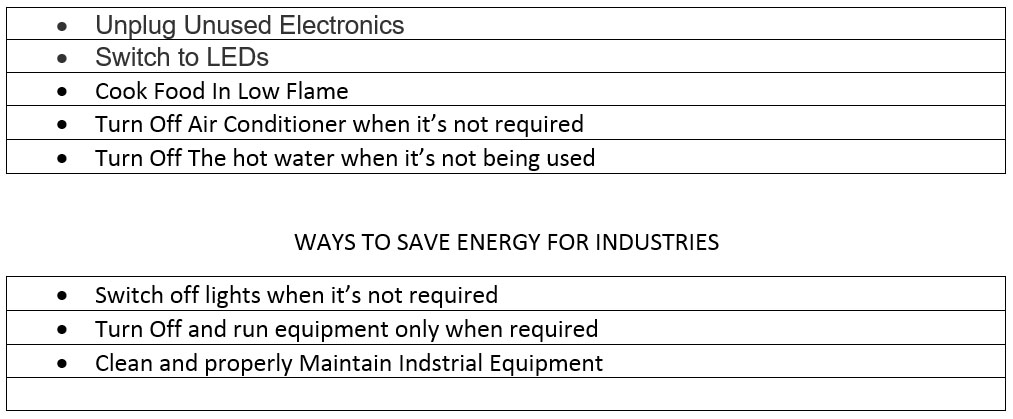
We all know that clean energy is a controversial subject and being "green" is a buzz word these days, with the current rising electricity bills. However, it is important to note that energy savings can be the most rewarding endeavor for your home, business, as well as for the environment. An energy efficient lifestyle today will help brighten the future. Use less energy and give a bright future to the next generation.

